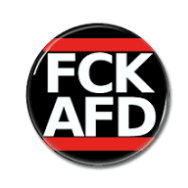Baht Heads South
-
Recently Browsing 0 members
- No registered users viewing this page.
-
Topics
-
-
Popular Contributors
-
-
Latest posts...
-
1
Crime Russian Teen Nabbed in Midnight Pattaya Graffiti Plot
Ah yes, western culture comes to Thailand -
12
90-day down? Wednesday July 16
It's a PDF File, may be update your Software? -
2
Report Hua Hin Stunned by Discovery of Live Explosives in Tourist Area
No damage on its own, but with a grenade as a detonator you'd get quite a bang! -
15
Politics Thaksin's Secret Mission: Inside the Hunt for Rebel MPs
I'm only a rich one 🤣 -
2
Crime Thailand Cracks Down on Dangerous ‘Zombie Pod’ Vape Drug
This is insane just as the fines and jail terms for simply vaping are. -
19
Transport Pattaya's Economy Set for Lift-Off with New Flight Routes
I have been up here the best part of 30 years on and off, and always waited for the airport to open. Is it owned by the military?
-
-
Popular in The Pub



.thumb.jpeg.d2d19a66404642fd9ff62d6262fd153e.jpeg)









Recommended Posts
Create an account or sign in to comment
You need to be a member in order to leave a comment
Create an account
Sign up for a new account in our community. It's easy!
Register a new accountSign in
Already have an account? Sign in here.
Sign In Now